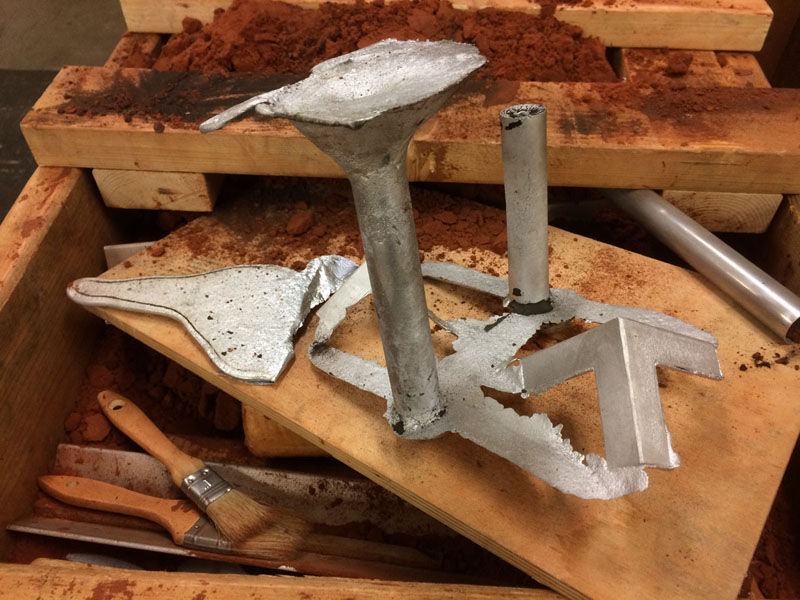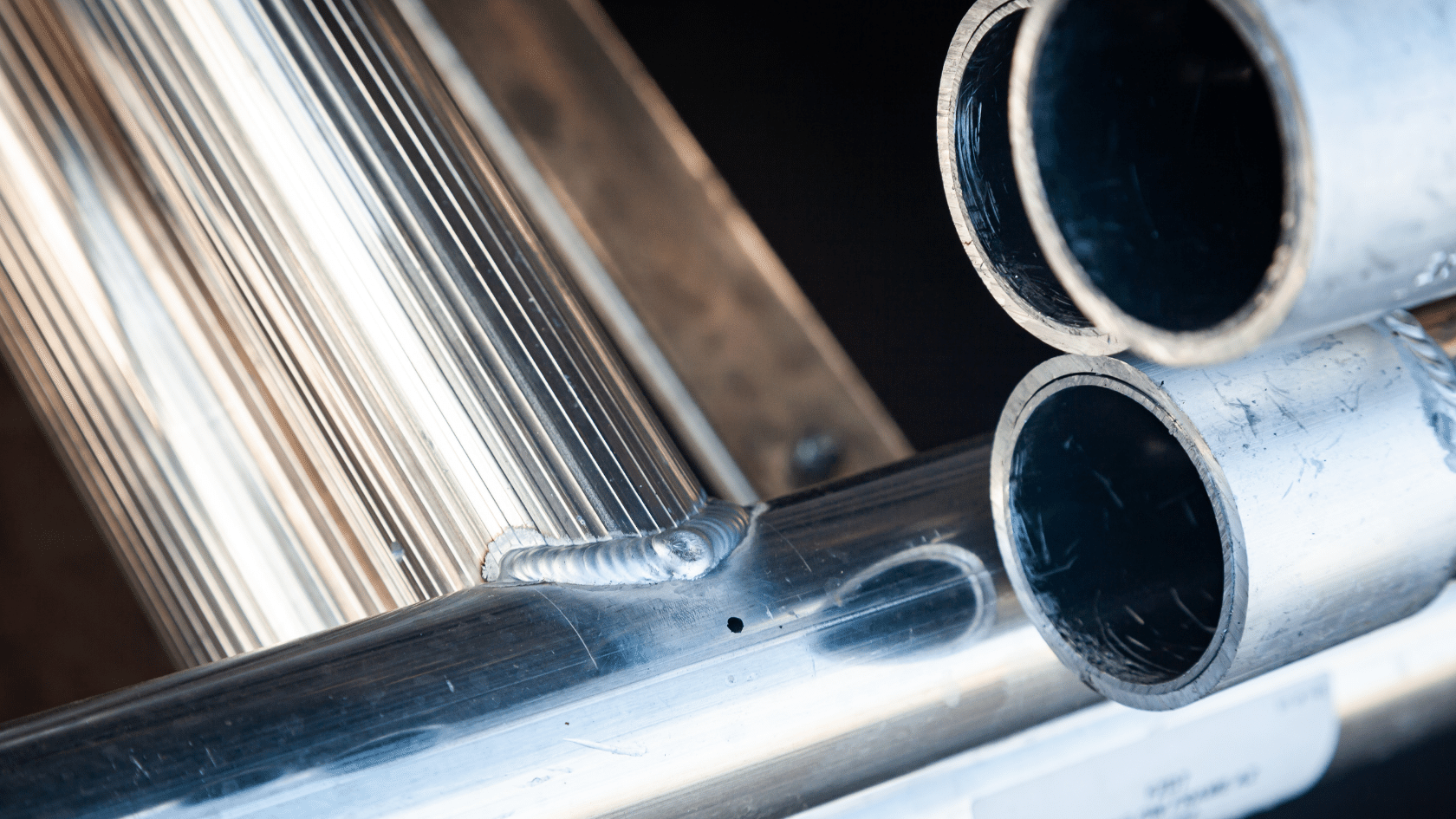The Facts About Alcast Company Uncovered
The Facts About Alcast Company Uncovered
Blog Article
The Best Strategy To Use For Alcast Company
Table of ContentsEverything about Alcast CompanyAll about Alcast CompanyThe Facts About Alcast Company RevealedSome Known Incorrect Statements About Alcast Company The smart Trick of Alcast Company That Nobody is DiscussingFacts About Alcast Company Uncovered
Chemical Contrast of Cast Aluminum Alloys Silicon promotes castability by decreasing the alloy's melting temperature level and boosting fluidness during casting. Additionally, silicon contributes to the alloy's toughness and put on resistance, making it important in applications where longevity is vital, such as automobile parts and engine elements.It also improves the machinability of the alloy, making it easier to process right into completed items. By doing this, iron adds to the general workability of aluminum alloys. Copper increases electric conductivity, making it useful in electric applications. It likewise improves rust resistance and includes in the alloy's overall toughness.
Manganese adds to the toughness of light weight aluminum alloys and enhances workability. Magnesium is a light-weight aspect that offers toughness and effect resistance to light weight aluminum alloys.
The Best Guide To Alcast Company
Zinc boosts the castability of light weight aluminum alloys and aids control the solidification process throughout casting. It improves the alloy's strength and firmness.

The main thermal conductivity, tensile stamina, yield toughness, and prolongation differ. Among the above alloys, A356 has the highest thermal conductivity, and A380 and ADC12 have the lowest.
The 4-Minute Rule for Alcast Company

In precision casting, 6063 is fit for applications where detailed geometries and high-grade surface area coatings are extremely important. Examples consist of telecommunication enclosures, where the alloy's exceptional formability enables smooth and cosmetically pleasing styles while keeping structural integrity. In the Lighting Solutions industry, precision-cast 6063 components produce stylish and effective lights fixtures that require complex forms and good thermal efficiency.
It leads to a better surface area finish and far better rust resistance in A360. The A360 shows premium elongation, making it suitable for facility and thin-walled parts. In precision spreading applications, A360 is fit for markets such as Customer Electronics, Telecommunication, and Power Devices. Its enhanced fluidity permits intricate, high-precision parts like smart device casings and interaction device real estates.
Alcast Company for Dummies
Its distinct residential or commercial properties make A360 a useful option for accuracy spreading in these sectors, enhancing product toughness and high quality. Light weight aluminum alloy 380, or A380, is a widely utilized casting alloy with several unique characteristics. It supplies superb castability, making it a perfect option for accuracy casting. A380 displays great fluidity when molten, making certain complex and detailed mold and mildews are properly duplicated.
In precision casting, light weight aluminum 413 beams in the Customer Electronics and Power Equipment sectors. This alloy's premium deterioration resistance makes it an excellent selection for exterior applications, guaranteeing lasting, resilient items in the mentioned industries.
Everything about Alcast Company
Once you have determined that the light weight aluminum die casting process appropriates for your project, a vital following step is picking one of the most suitable alloy. The light weight aluminum alloy you choose will significantly influence both the casting process and the homes of the end product. As a result of this, you have to make your choice carefully and take an educated method.
Figuring out the most ideal aluminum alloy for your application will suggest weighing a vast range of features. These comparative alloy qualities follow the North American Pass Away Casting Association's guidelines, and we have actually split them right into 2 categories. The first classification addresses alloy attributes that impact the production procedure. The second covers characteristics impacting the properties of the end product.
Alcast Company Things To Know Before You Get This
The alloy you choose for die spreading directly influences a number of aspects of the spreading procedure, like exactly how easy the alloy is to deal with and if it is vulnerable to casting defects. Hot cracking, also understood as solidification cracking, is a normal die spreading defect for aluminum alloys that can lead to internal or surface-level rips or splits.
Certain aluminum alloys are extra prone to hot cracking than others, and your option needs to consider this. It can harm both the cast and the die, so you should look for alloys with high anti-soldering properties.
Rust resistance, which is currently a notable characteristic of light weight aluminum, can differ considerably from alloy to alloy and is a vital characteristic to take into consideration relying on the ecological problems your product will certainly be revealed to (Foundry). check these guys out Wear resistance is one more residential or commercial property typically looked for in aluminum items and can separate some alloys
Report this page